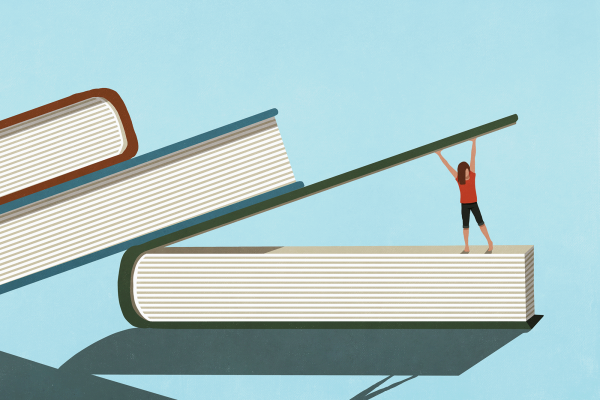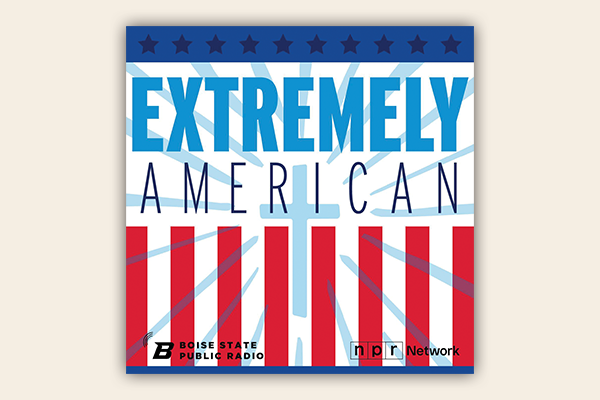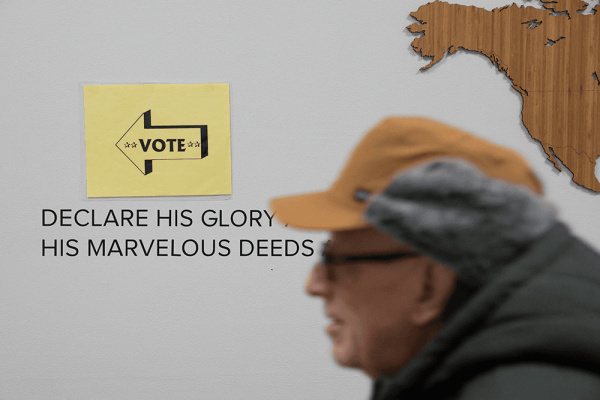The U.S. has not been and is not kind to black people who want to exercise their right to vote — especially formerly incarcerated black people.
According to a Howard Law Journal report titled Voting Behind Bars: An Argument for Voting by Prisoners, 38 percent — nearly two million people — of the total disenfranchised population is African American — greater than the national population of black people in the U.S.
This reality strikes a chord. It highlights the historic disenfranchisement experienced by black Americans throughout Jim Crow and Reconstruction Era America and the continued legacies of those harmful legislations. Throughout both eras, African Americans were impacted by the categorization of crimes, biased and racist policies directly related to prohibiting the votes of newly eligible black voters (particularly black men), and strategic displacement of African Americans into the hands of a corrupt criminal justice system.
Then came the implementation of the poll tax — a fee to vote — which impacted both free and formerly incarcerated persons. Again harshly impacting poorer black and brown people than any other demographic. This was evident specifically in Southern states.
Although abolished, poll taxes directly impacted voter turnout. After 1890 in Mississippi, fewer than 9,000 of the 147,000 voting-age African Americans were registered to vote. In Louisiana, where more than 130,000 black voters had been registered in 1896, the number plummeted to 1,342 by 1904.
There were similar practices in the 2016 election cycle as racially biased and voter-ID laws were passed and intentional partisan redistricting occurred to strategically displace and hinder black voter turnout.
Today, eight states have still not ratified the amendment.
While African-American communities have been the most affected, incarcerated and formerly incarcerated individuals have now been thrust into the forefront as their voting rights are prohibited.
America’s historical norms have consistently disenfranchised returning citizens and those with criminal records. And because of a criminal justice system that puts more black and brown people in prison, this disproportionately affects black, brown, and poor communities more than any other communities. Many states have wrestled with the rights of formerly incarcerated people.
In 2016, the Democrat-controlled Maryland General Assembly restored the voting rights of formerly incarcerated people, overriding the Republican governor to keep in place a policy that only allowed formerly incarcerated people to regain the right to vote after completing their entire sentence, including probation or parole. The newly passed law restores voting rights to felons who are no longer imprisoned, but are still under probation or parole.
Maryland’s system aligned with the majority; requiring one’s release from prison and completion of probation or parole before restoring voting rights.
Maine and Vermont are the only two states that impose no barriers on felon voting and allow incarcerated people to cast ballots. The remaining 48 states vary by crime and sentence.
Yet, there are states with harsher penalties.
Florida, Iowa, and Kentucky impose lifetime bans on voting for those currently and formerly incarcerated.
Too many U.S. legislators are making it their mission to halt citizens who’ve served their time, castigating them as unworthy. It makes me wonder about America’s morality and further questions the intentions of those elected — is this a matter of citizens’ rights or bipartisan politics?
The choice by state legislatures and governors to exert abusive utilization of their offices to hinder the continuation and enactment of one’s constitutional right, is no more than a human rights violation and denial of one’s full citizenship in this nation.
Our unwillingness to fully readmit citizens into the larger fold of society must not become the normality. And such levels of egregious discrimination and disenfranchisement should alarm constituents. To continue disenfranchising American citizens who’ve completed their sentences is an enormous miscarrying of justice that disproportionately impacts minority communities, low income individuals, and those lacking necessary aid to survive in a world which has progressed since their time of incarceration.
The continued demise of faith in this nation’s criminal justice system, elected officials, and government will increase wherever injustice is maintained in the name of “doing just enough”. If America is truly to be one nation, it must address and correct the patterns of injustice and persistent denials of full personhood for those who belong in this country and society.
There is an arc of the moral universal that bends toward justice and that hour must not be delayed. How much longer will liberty and justice for all be denied?
Got something to say about what you're reading? We value your feedback!







